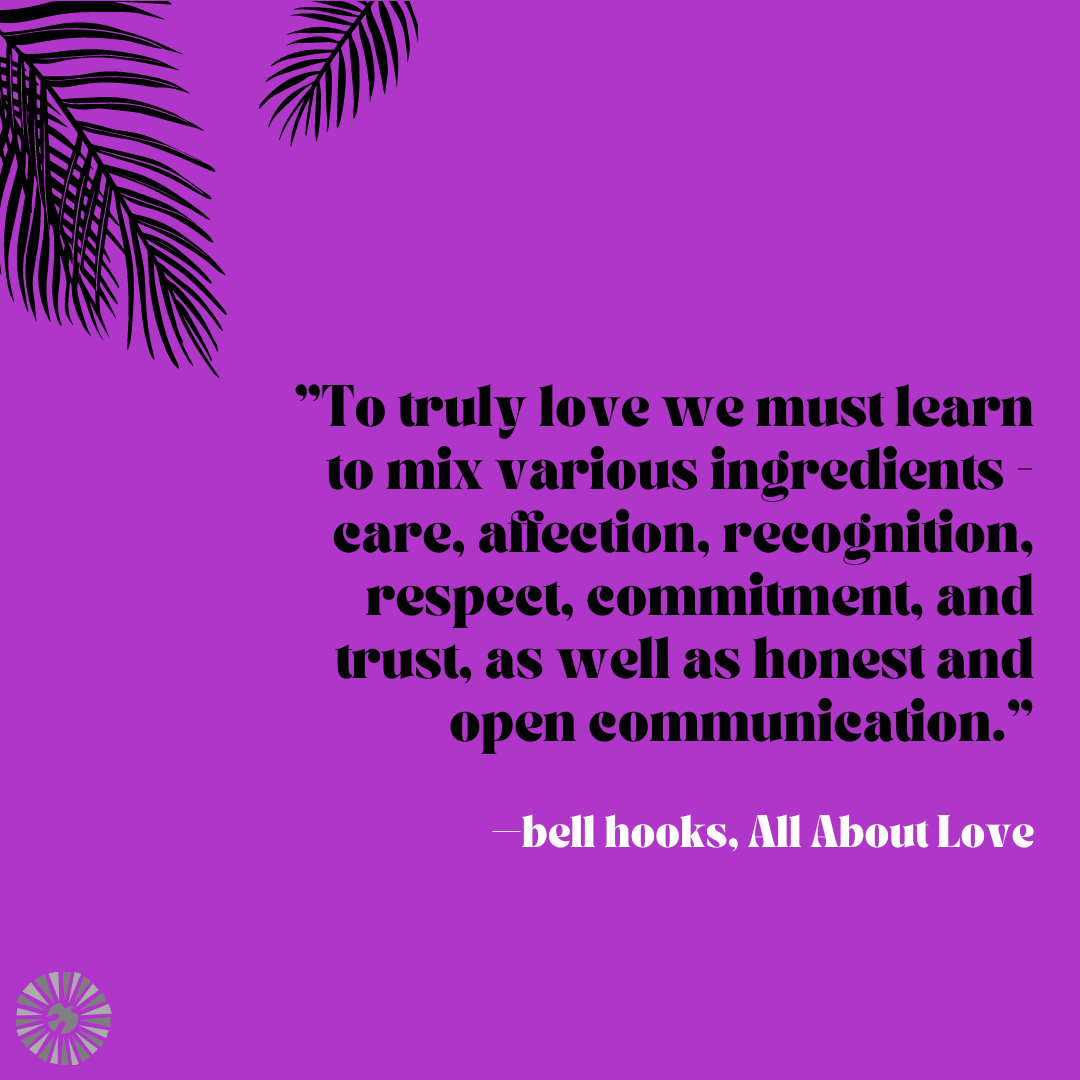What Does It Mean to Love?: Holy Thursday
Call To Action's 2023 Lenten Calendar is a collaboration between the Anti-Racism Team (ART) and Indigenous Solidarity Collective. This calendar provides more than 40 days of prayer and study to guide our discernment of racial justice and lead us into solidarity with Indigenous communities. For each Sunday and holy day during Lent, we'll publish a reflection from an ART or Indigenous Solidarity Collective member. Following the reflection, we’ll feature a call to action from the Truth and Reconciliation Commission of Canada as well as discussion questions for your own meditation.
Holy Thursday: April 6, 2023
“I give you a new commandment, that you love one another. Just as I have loved you, you also should love one another.”
What does it mean to love? Love is an often-used but much-contested word. Sometimes, love sounds cheap—the person who loves their new electronic gadget or the latest piece of office gossip. Other times, love sounds violent—the abuser who "loves" you and harms you because they “care," cuts your wings, and takes away your voice “for your own good."
When I try to deepen my understanding of love, the texts I most often turn to are the Gospels and bell hooks’ All About Love. In hooks’ estimation, love must include the following qualities: affection, respect, recognition, commitment, trust, and care.
Last week, the Vatican repudiated the Doctrine of Discovery. I understand this move as the Catholic Church taking action toward loving Indigenous peoples more completely. It is a recognition of the harm that these papal bulls implicitly condoned or explicitly created for Indigenous peoples environmentally, politically, economically, culturally, and spiritually. Acknowledging what has been hurt and broken creates the potential for new avenues of healing.
How can we continue to journey deeper into loving in the wake of this landmark recognition? We can trust the wisdom of Indigenous leaders and the desires of Indigenous people. We can renew our commitment to telling the truth about the Church’s role in settler colonialism—particularly by making records and archives related to residential boarding schools readily available. We can grow in affection and care by building authentic human relationships with Indigenous communities, artists, and educators local to us. We can respect Indigenous understandings of how to relate to the lands where we live by rematriating land to Indigenous stewards and redistributing land so that natural resources are more fairly shared by all who reside here.
In the commandment to love one another as Jesus loves, we are asked to do something durational and transformational. May the example of our Savior continue to feed us in this necessary, slow, profound work.
—This Holy Thursday reflection was written by Tess Thompson. A New York-based writer and therapist, Tess is a member of CTA's Indigenous Solidarity Collective.
Discussion Questions
What does loving mean to you? How do you cultivate love in your own life?
How do you approach issues of social justice from a position of loving?
Suggestions for Almsgiving
As part of your Lenten practice, please consider donating to one or more of the following organizations:
Native American Land Conservancy
Shinnecock Kelp Farmers
About the Truth and Reconciliation Commission of Canada
Between 2007 and 2015, the Truth and Reconciliation Commission of Canada recorded the testimonies of more than 6,000 First Nations people across Canada either directly or indirectly affected by the residential school system. In June 2015, the commission released a final report with 94 calls to action directed at the Canadian government. The final 52 calls to action focus on reconciliatory policy implementation for the dismantling of systemic racism against Indigenous Peoples in Canada.
Call to Action 89
Sports and Reconciliation
89. We call upon the federal government to amend the Physical Activity and Sport Act to support reconciliation by ensuring that policies to promote physical activity as a fundamental element of health and well-being, reduce barriers to sports participation, increase the pursuit of excellence in sport, and build capacity in the Canadian sport system, are inclusive of Aboriginal peoples.



